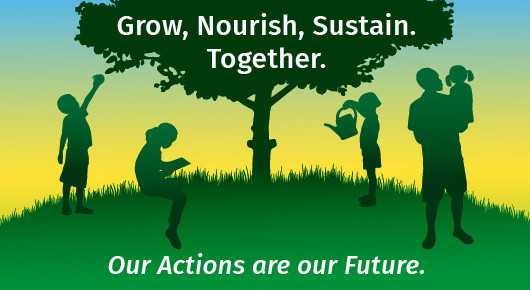Human rights, inherent to all individuals regardless of nationality, sex, ethnicity, or any other status, play a pivotal role in achieving the Sustainable Development Goals (SDGs) outlined by the United Nations. These 17 global targets, established in 2015, envision a future where poverty, inequality, and climate change are eradicated, with human rights at the core. Goal 1, for example, aims to end poverty in all its forms, a direct echo of the Universal Declaration of Human Rights, Article 25, asserting the right to an adequate standard of living. Similarly, Goal 5 of the SDGs, aimed at achieving gender equality, is intimately linked with the human right to non-discrimination, as stipulated by Article 2 of the Declaration. Climate action, Goal 13, is interconnected with the rights to life, health, and development, making climate change not just an environmental issue, but a human rights issue. The eradication of hunger, goal 2, links with the right to food, and quality education, goal 4, enshrines the right to education. Each SDG, directly or indirectly, resonates with one or more human rights, demonstrating the inextricable tie between them. The realization of human rights, in turn, contributes to the achievement of the SDGs, as it leads to social justice, peace, and sustainable development. Thus, any strategy for the successful implementation of the SDGs must place a particular emphasis on the respect, protection, and fulfillment of human rights. It is vital to recognize that the SDGs and human rights are not separate agendas, but intertwined elements of a broader, universal commitment to a more equitable, sustainable, and inclusive world.
An innovative approach towards the holistic and multidisciplinary study of the victimization of women by drug-facilitated sexual assault has been developed. This phenomenon constitutes a significant problem given the narrowing of the gender gap in drug use over the last few decades and the widespread presence of psychoactive substances worldwide. As violence against women and drug misuse intersect in this phenomenon, this intersectional nature emphasizes the need for a novel approach that enables us to go beyond the studies carried out to date.


